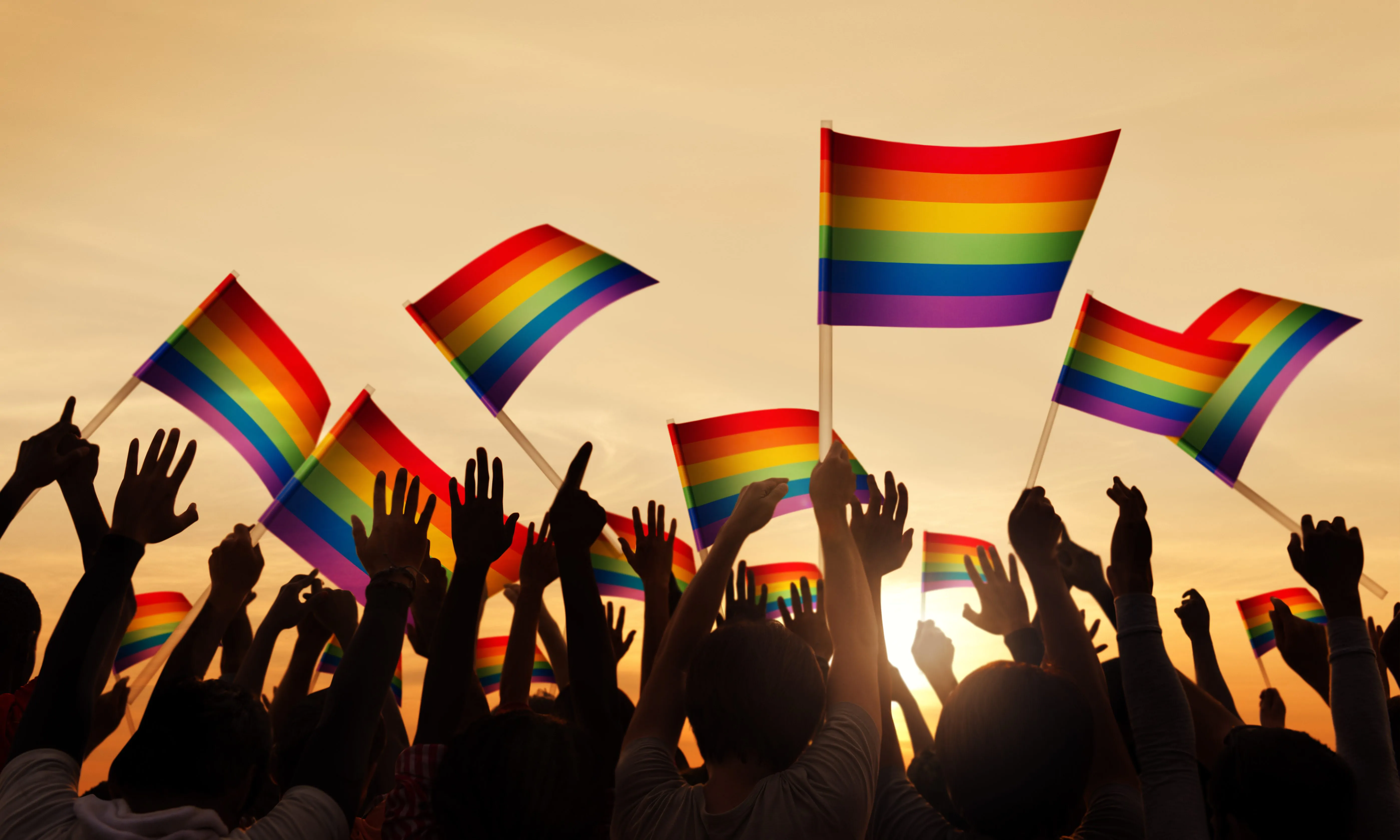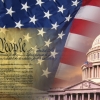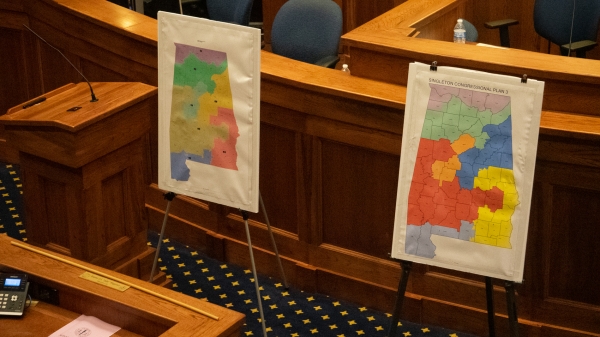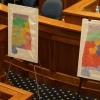A new report by the Movement Advancement Project that examined LGBT people in rural America found that the South is home to the majority of people of color that live in rural towns and the majority of black same-sex couples.
The report, called “Where We Call Home: LGBT People of Color in Rural America,” studied how basic challenges of rural life either amplify acceptance or encourage discrimination for LGBT people of color.
It was released in partnership with the Equality Federation, the National Black Justice Coalition and the National Center for Lesbian Rights.
“Rural communities have always been home to people of color and LGBT people of color, but their lives and needs are often unexamined or overlooked,” said Ineke Mushovic, executive director of the Movement Advancement Project. “LGBT people of color are more likely to live in poverty, more vulnerable to discrimination and less able to respond to its harmful effects. Comprehensive nondiscrimination laws are vital to improving the lives of LGBT people of color in rural America—as is blocking and rescinding religious exemption laws that allow employers and taxpayer-funded service providers to discriminate.”
The report found that people of color, including those in rural areas, are more likely to identify as LGBT, making up 42 percent of the national LGBT population.
LGBT people of color in rural areas were found to be especially in danger of discrimination, with small towns being often less likely than larger cities to have antidiscrimination laws protecting LGBT citizens. These towns were also found to be often less welcoming of LGBT people.
Despite that, rural towns with discriminatory laws for LGBT people were found to have higher populations of people of color.
When LGBT people of color in rural towns do face discrimination, they are less likely to have helpful resources available to assist them. This can be life-threatening when it comes to religiously affiliated hospitals.
For LGBT people of color, racial bias also adds to their experience in these situations.
The study also found that the social and geographic isolation of rural areas often creates an unwelcoming environment for LGBT people of color. In many towns, even LGBT-focused programs may not support or accept LGBT people of color.
“Lesbian, gay, bisexual, transgender, queer and same gender loving people of color are central to the fabric of rural life in America,” said David Johns, executive director of the National Black Justice Coalition. “With little to no attention paid toward the challenges and joys of what it means to be a LGBTQ/SGL person of color living in places like the South or the rural Midwest, this report reveals the heightened risk of discrimination for those who are both LGBTQ/SGL and a person of color. This is especially salient for Black people who continue to be disproportionately impacted by the intersections of race, gender, sexual orientation, gender identity, gender expression and location in America. NBJC is committed to ensuring the livelihood of LGBTQ/SGL people of color in rural communities, in order to close the gaps between the movements for racial justice and LGBTQ/SGL equality.”
According to the University of Alabama’s Center for Business and Economic Research, 46 of Alabama’s 67 counties have 50 percent of their residents living in rural areas.





















































